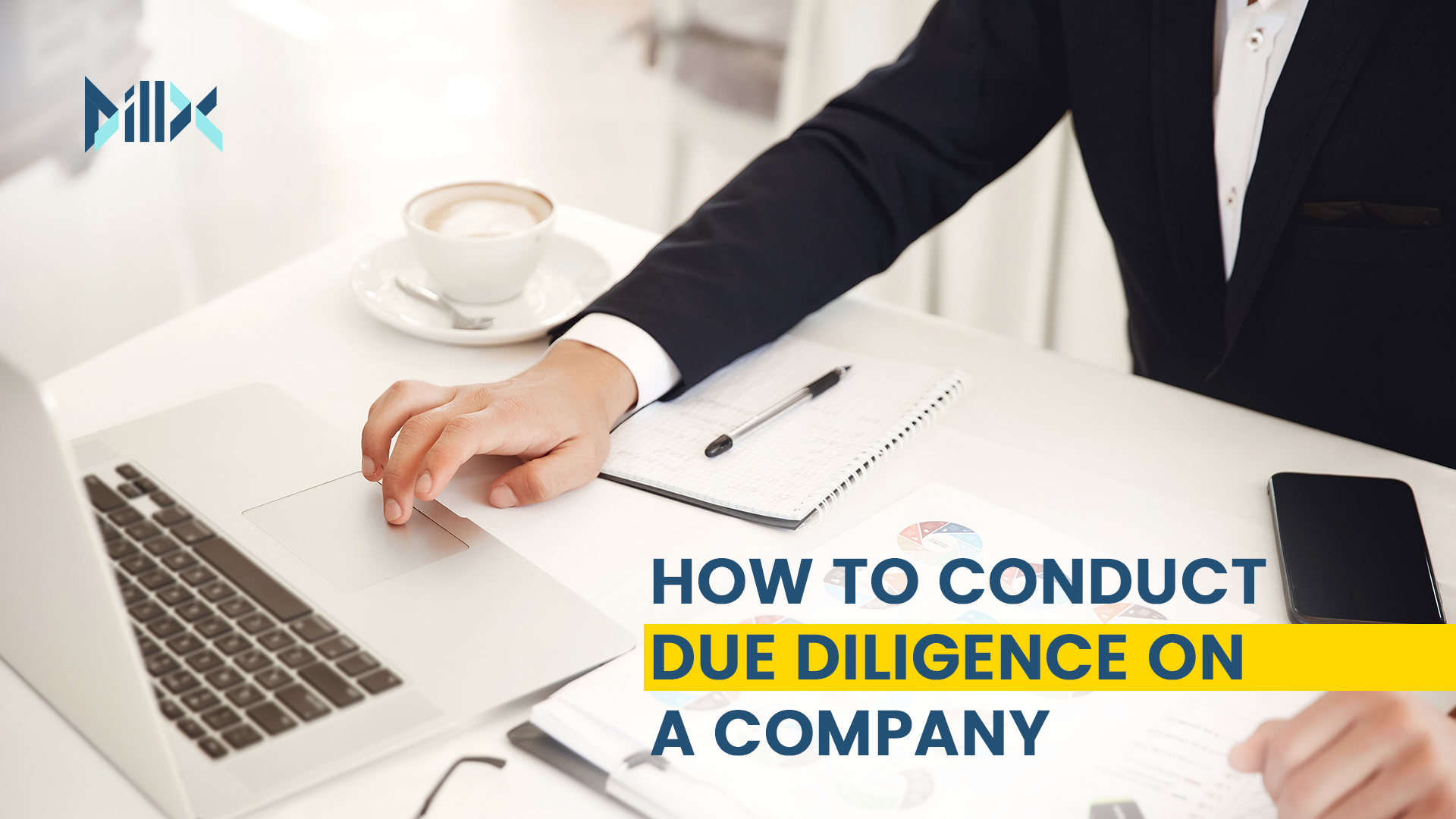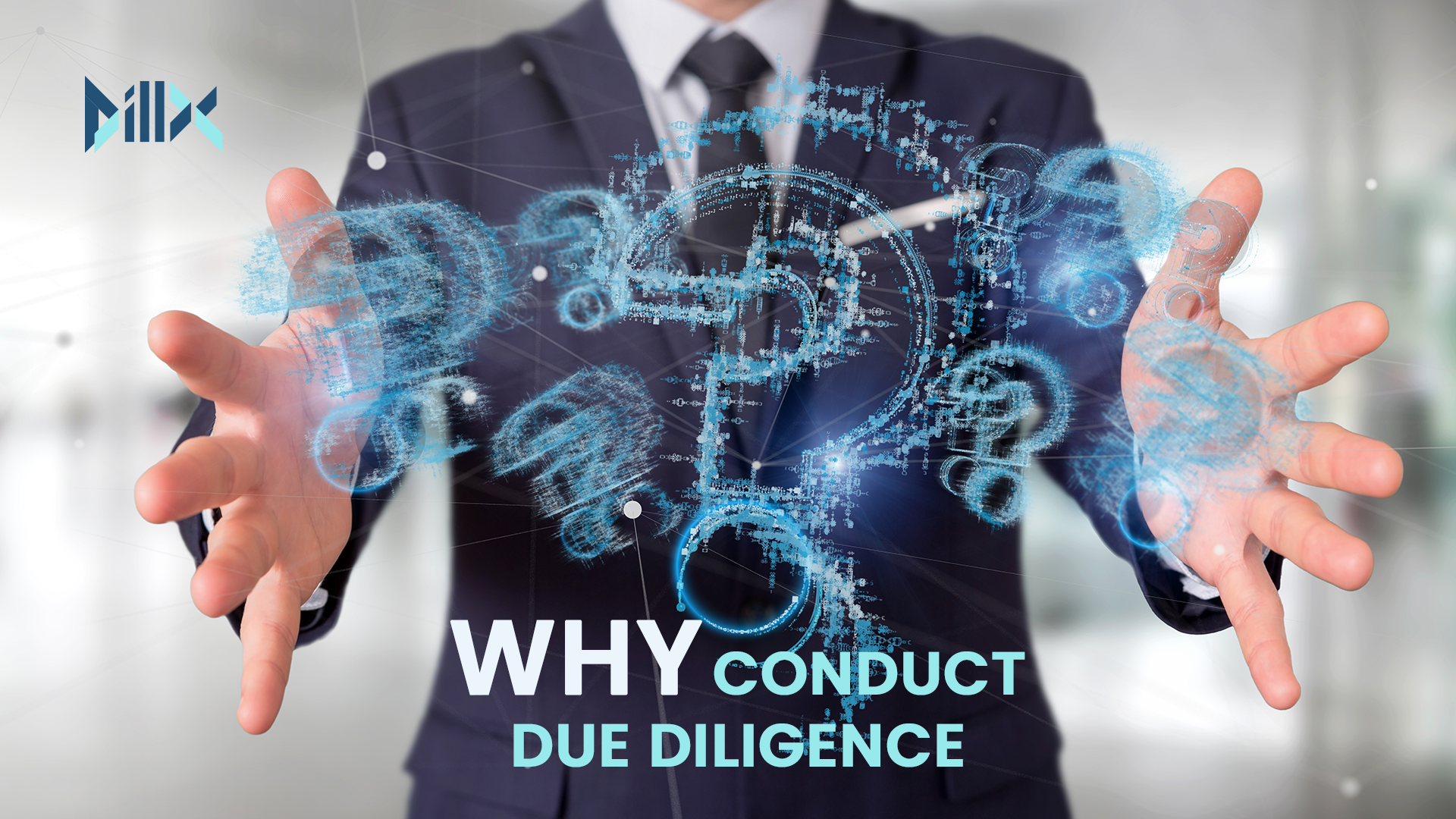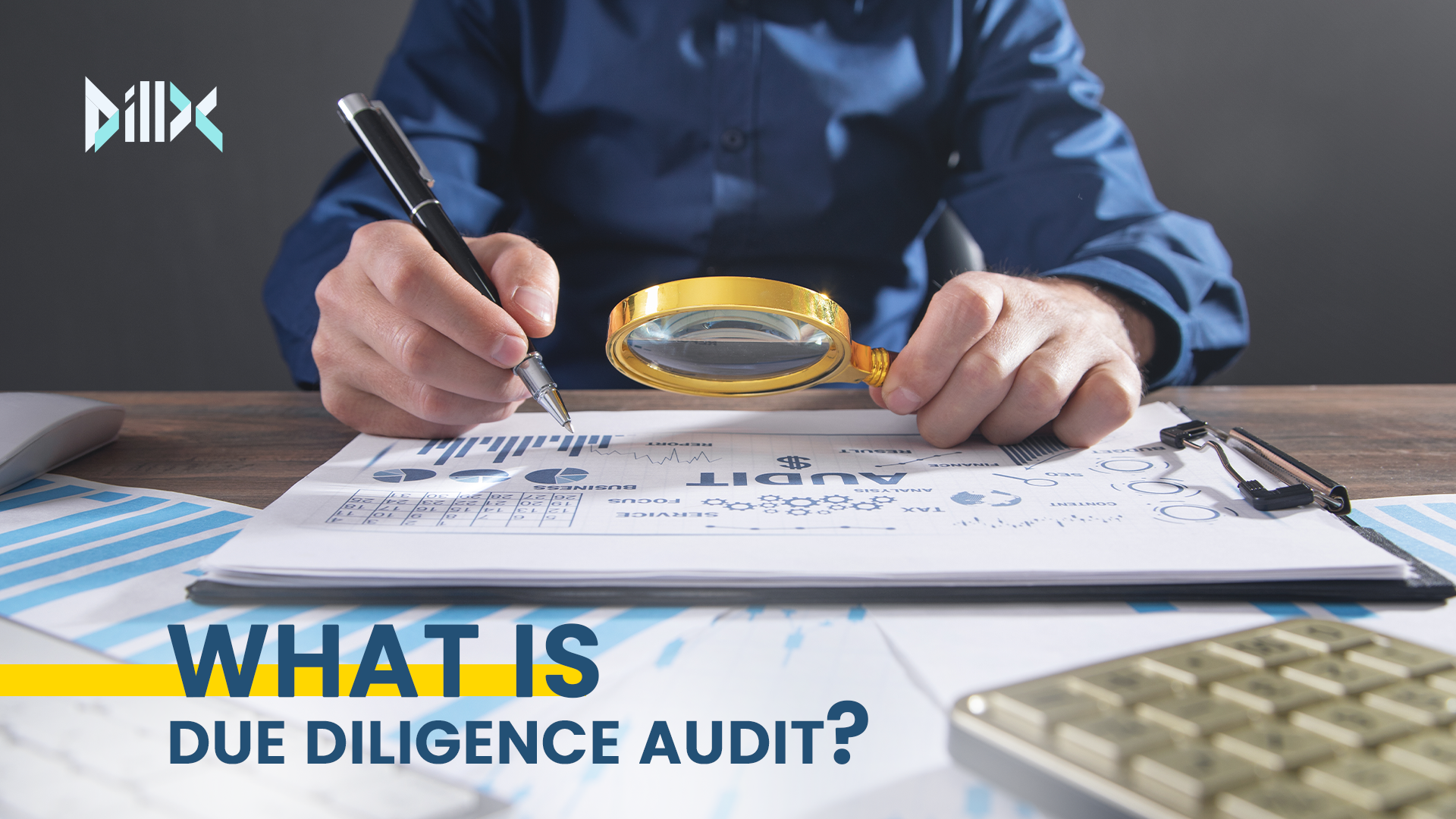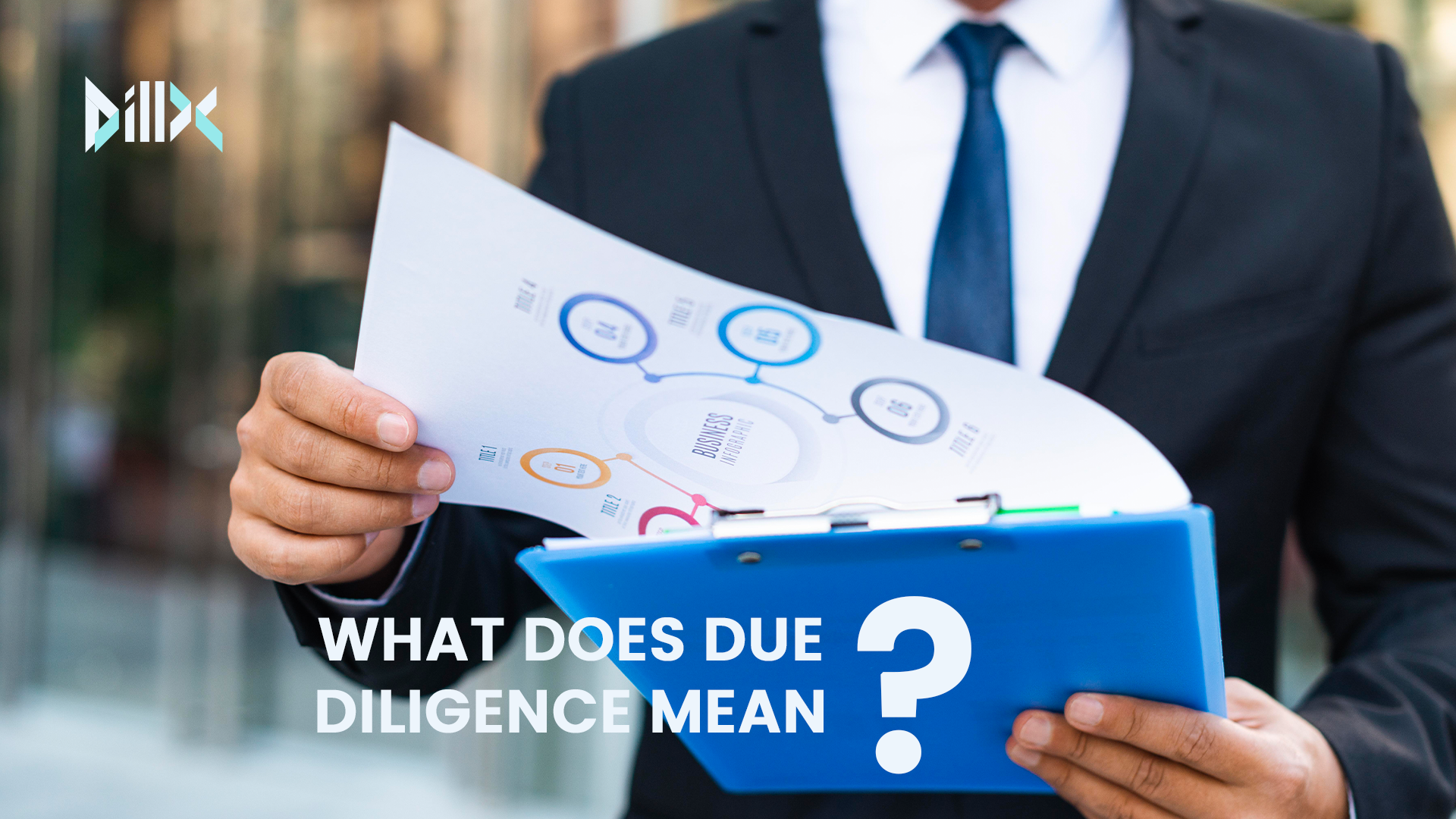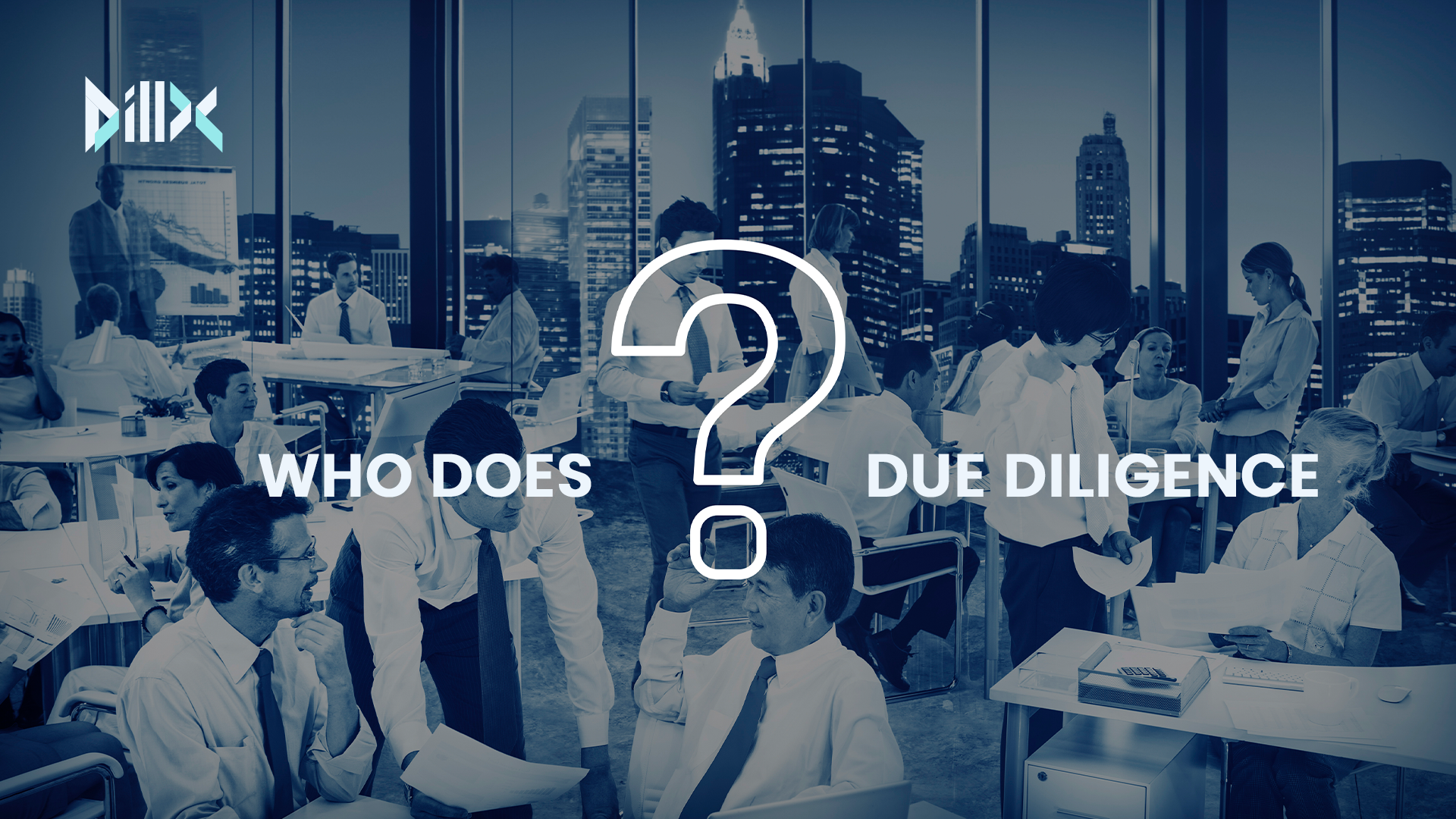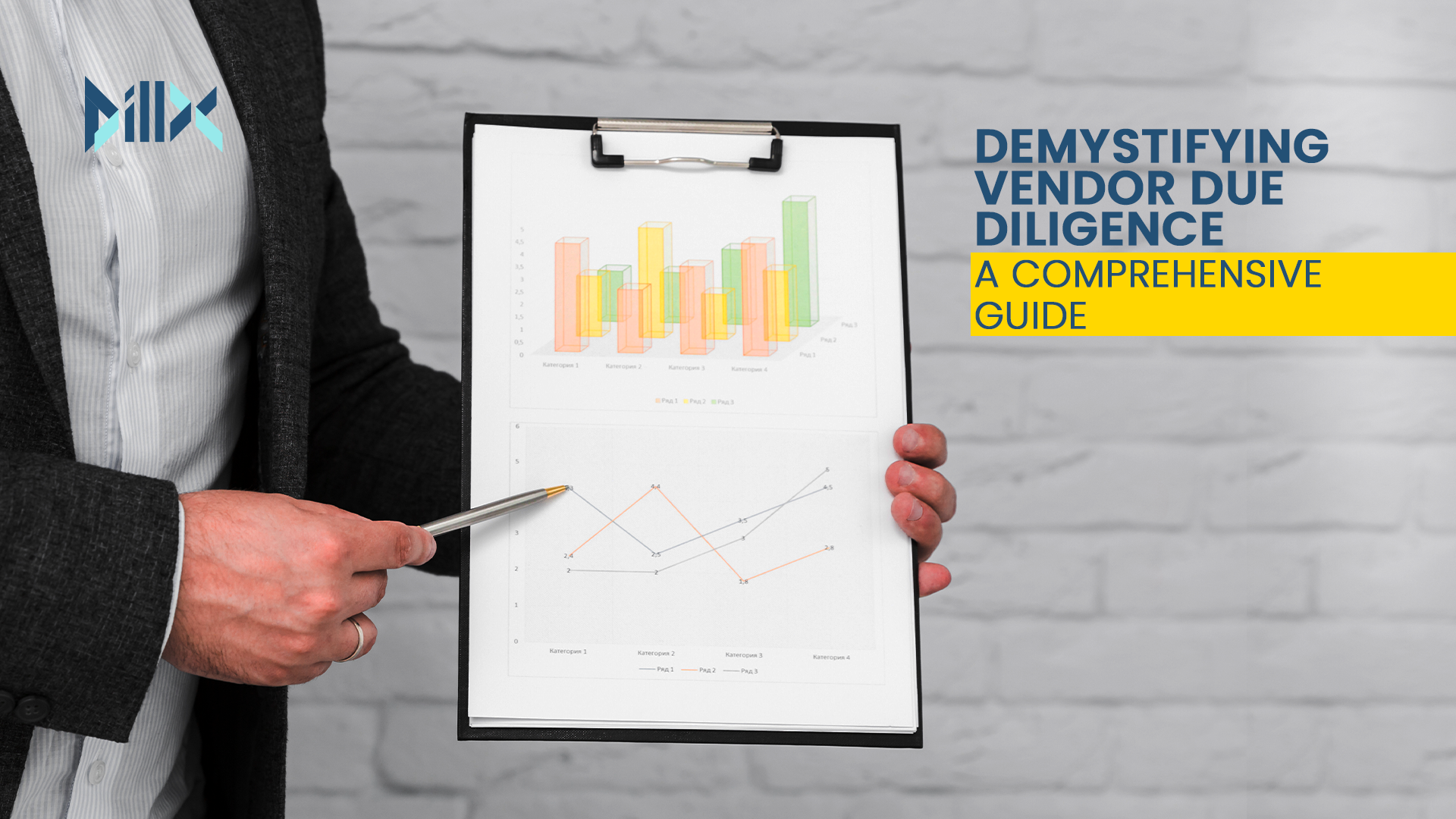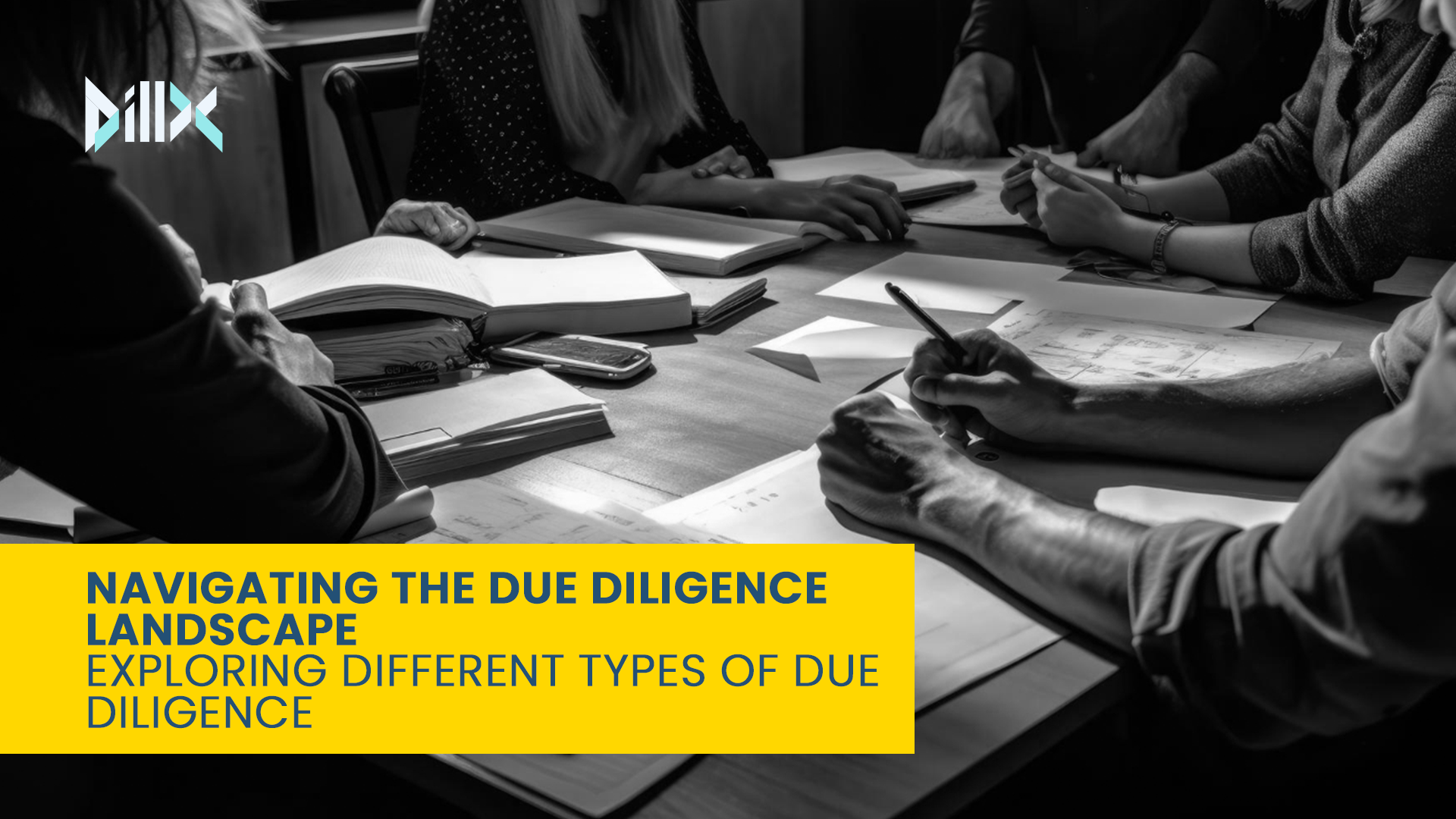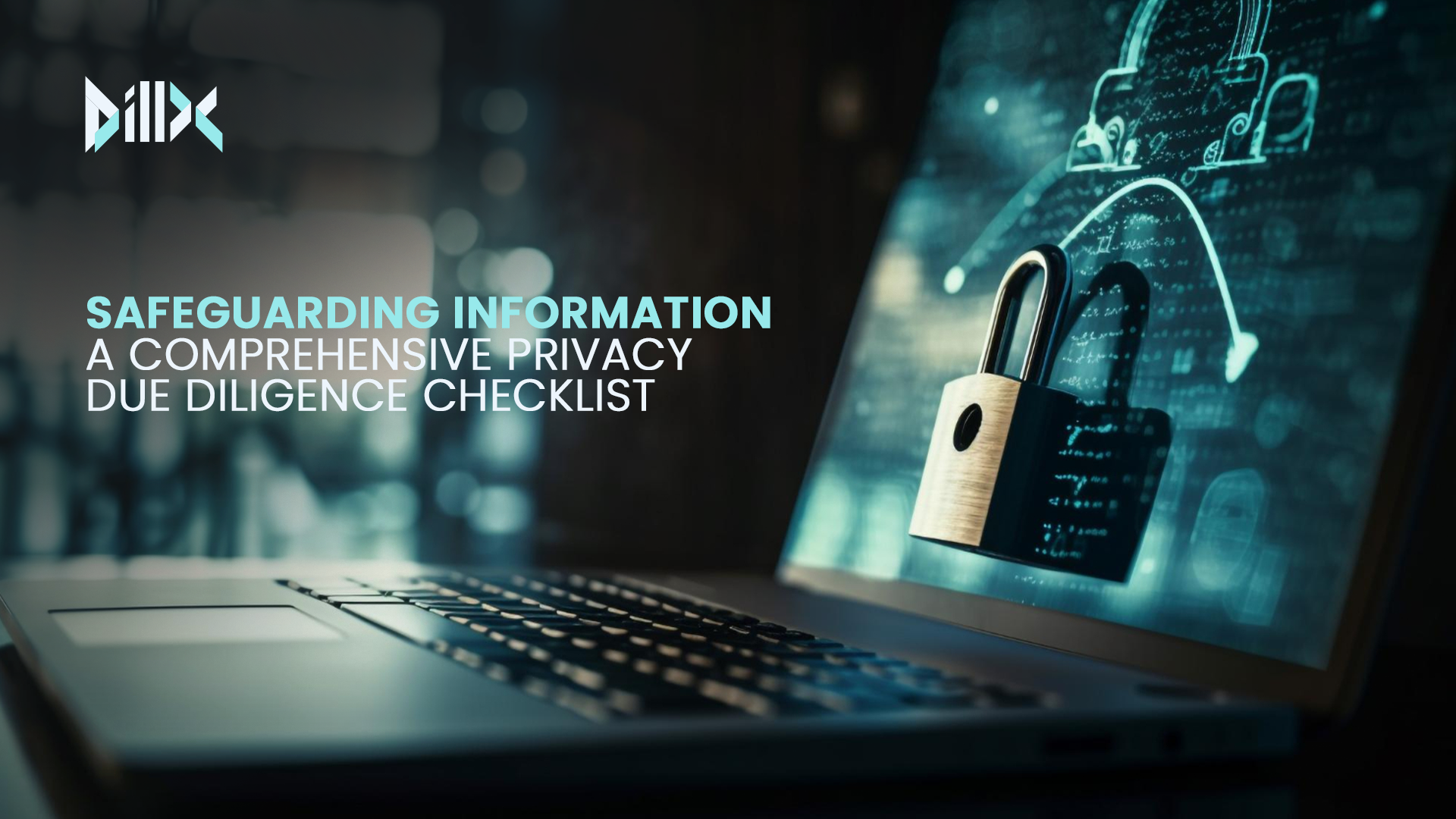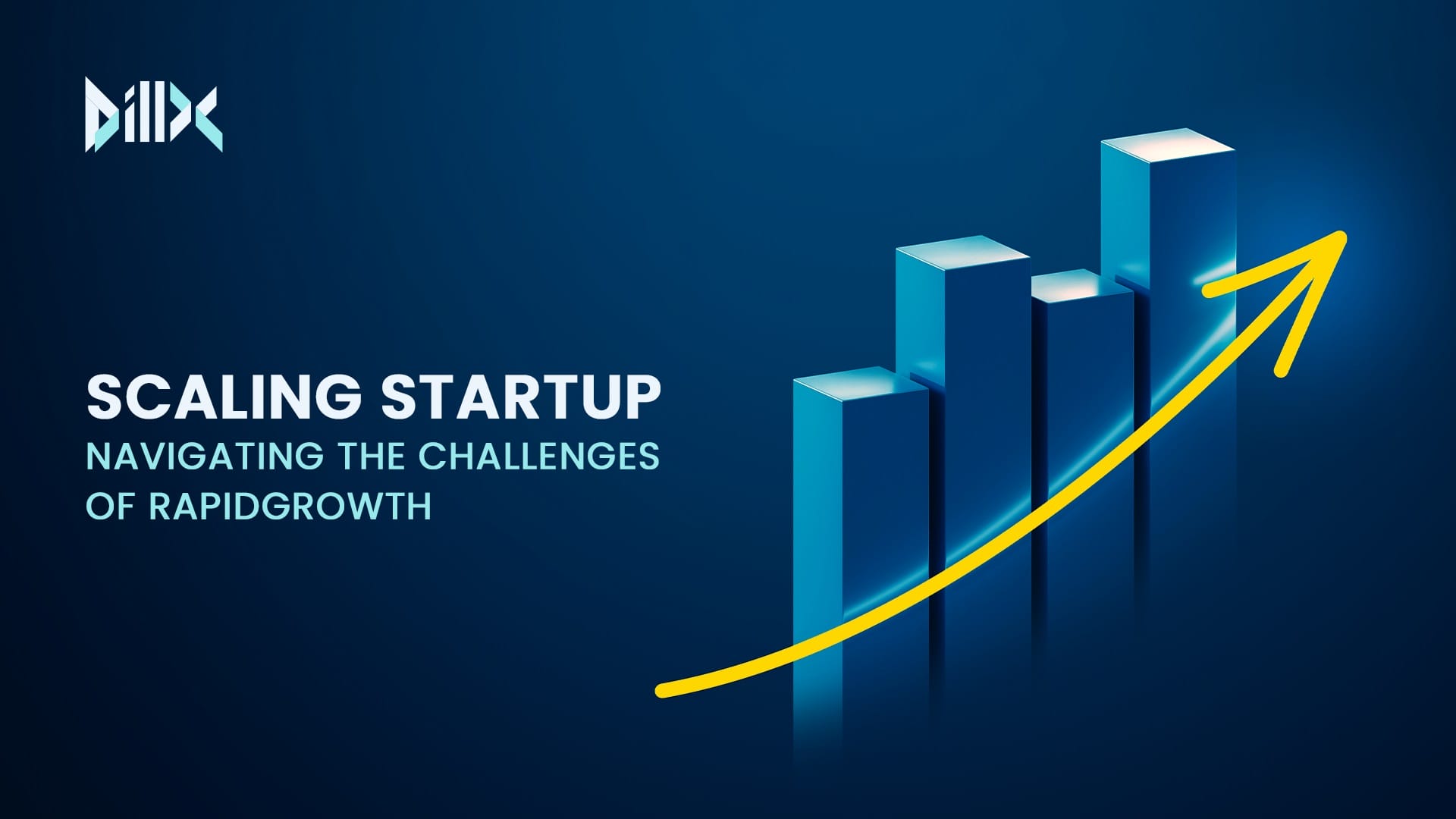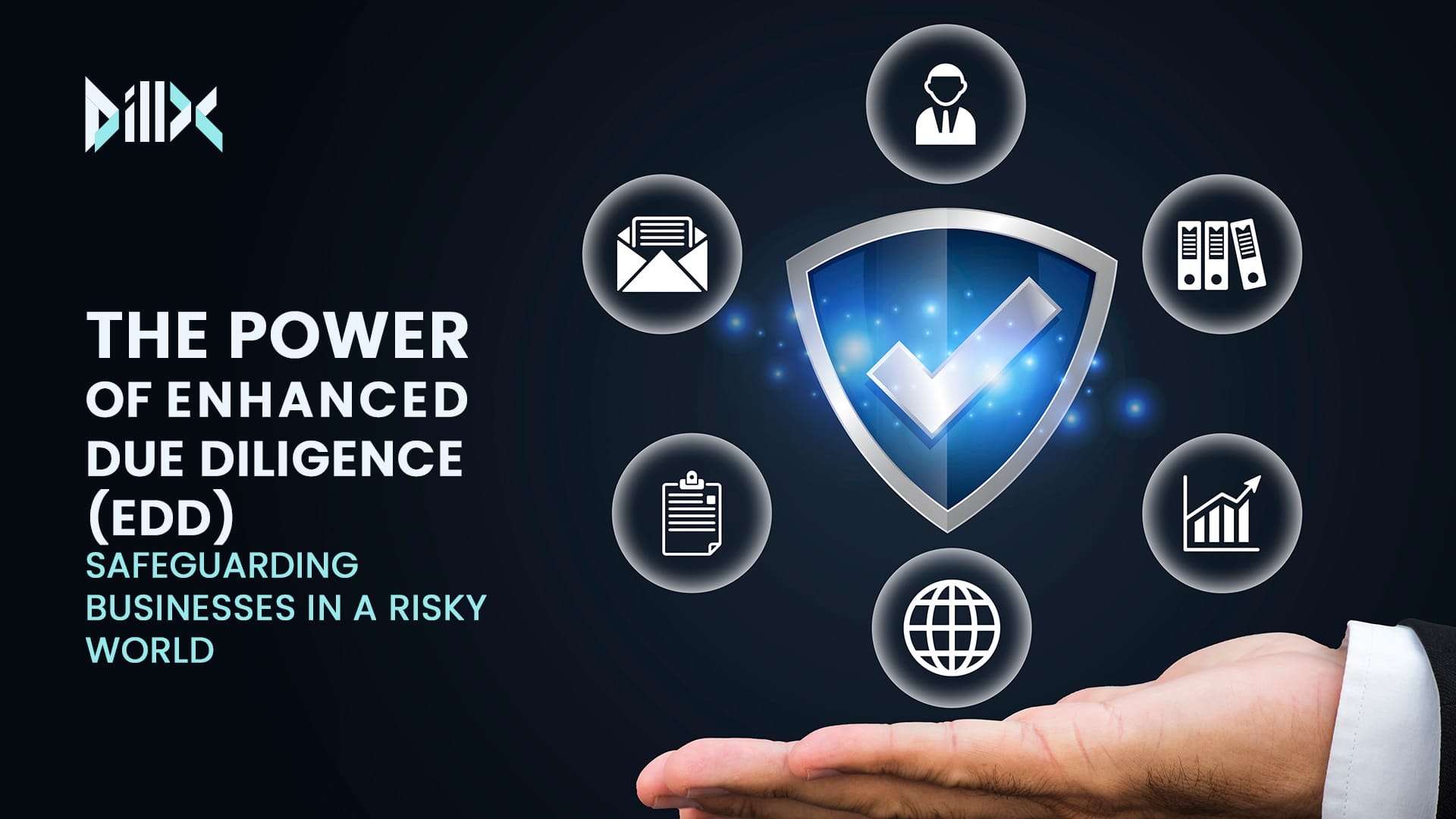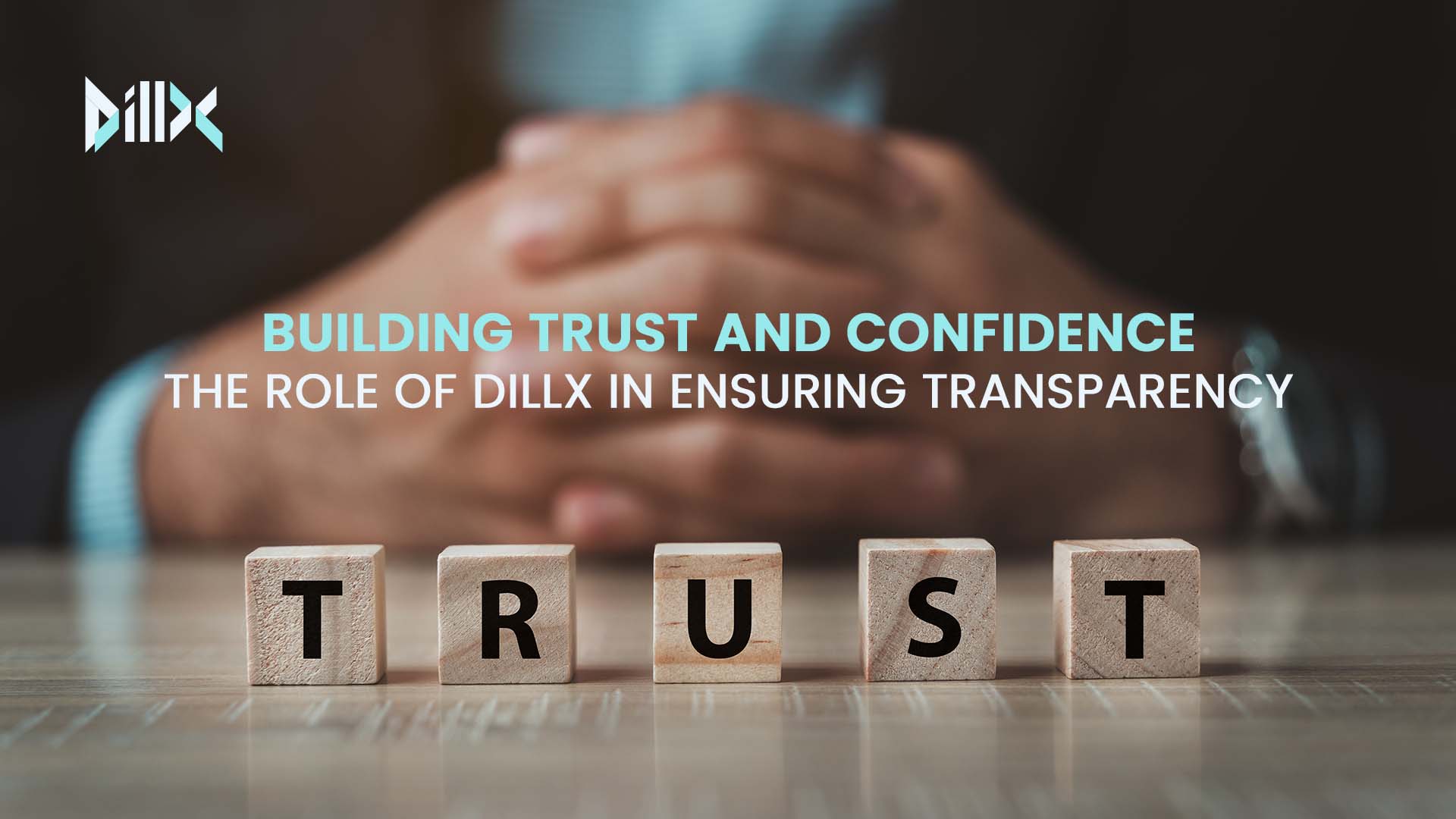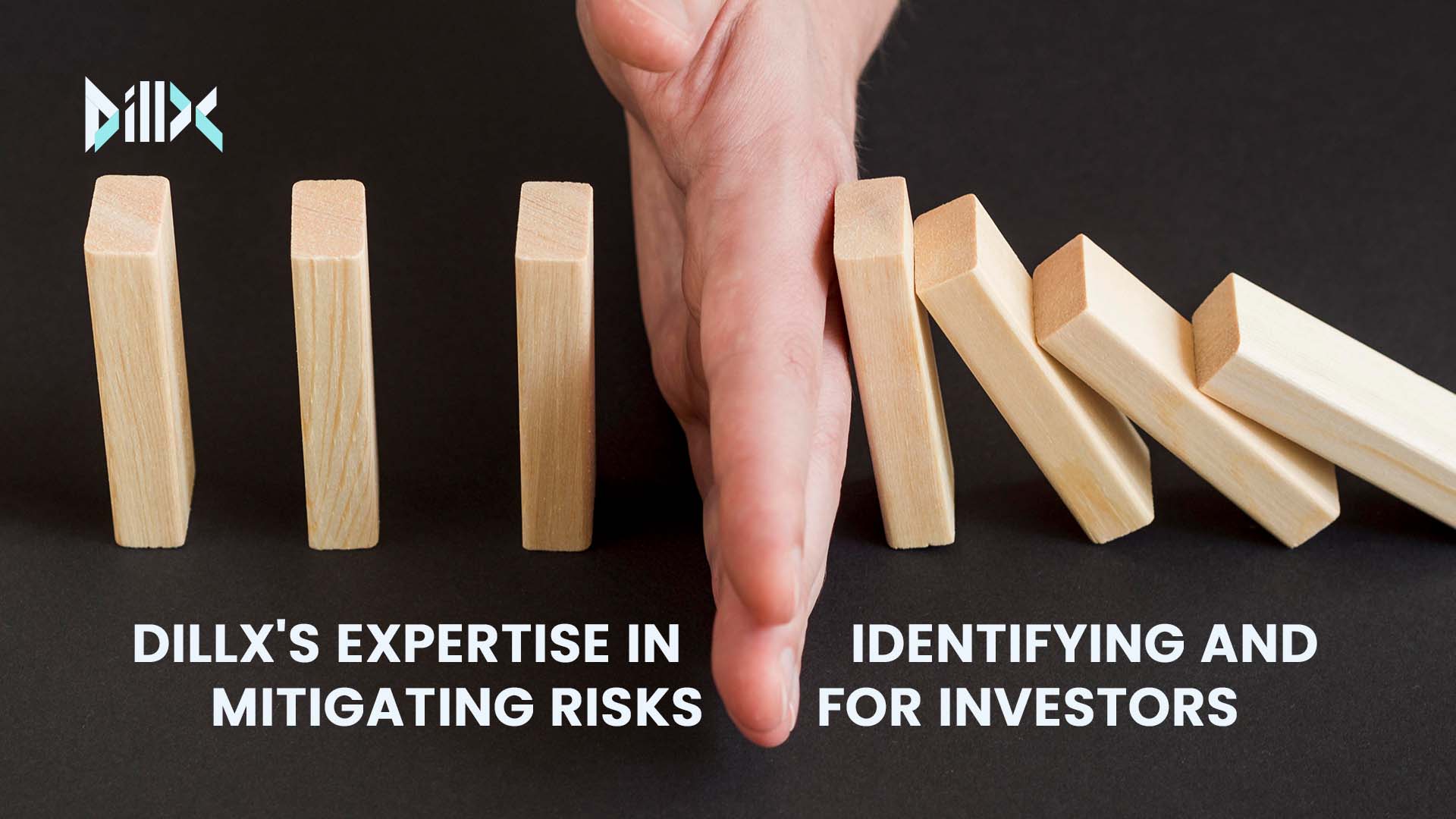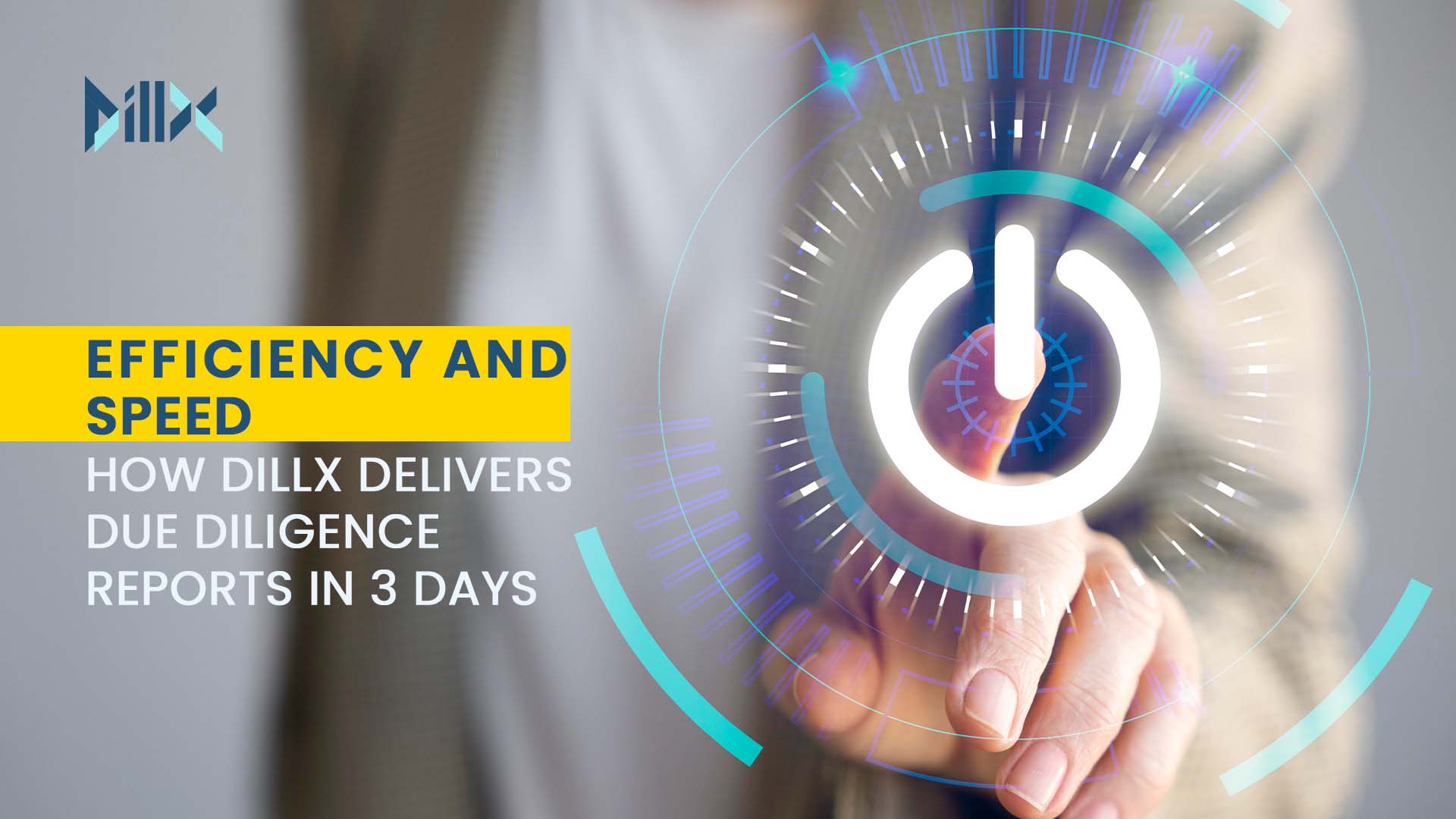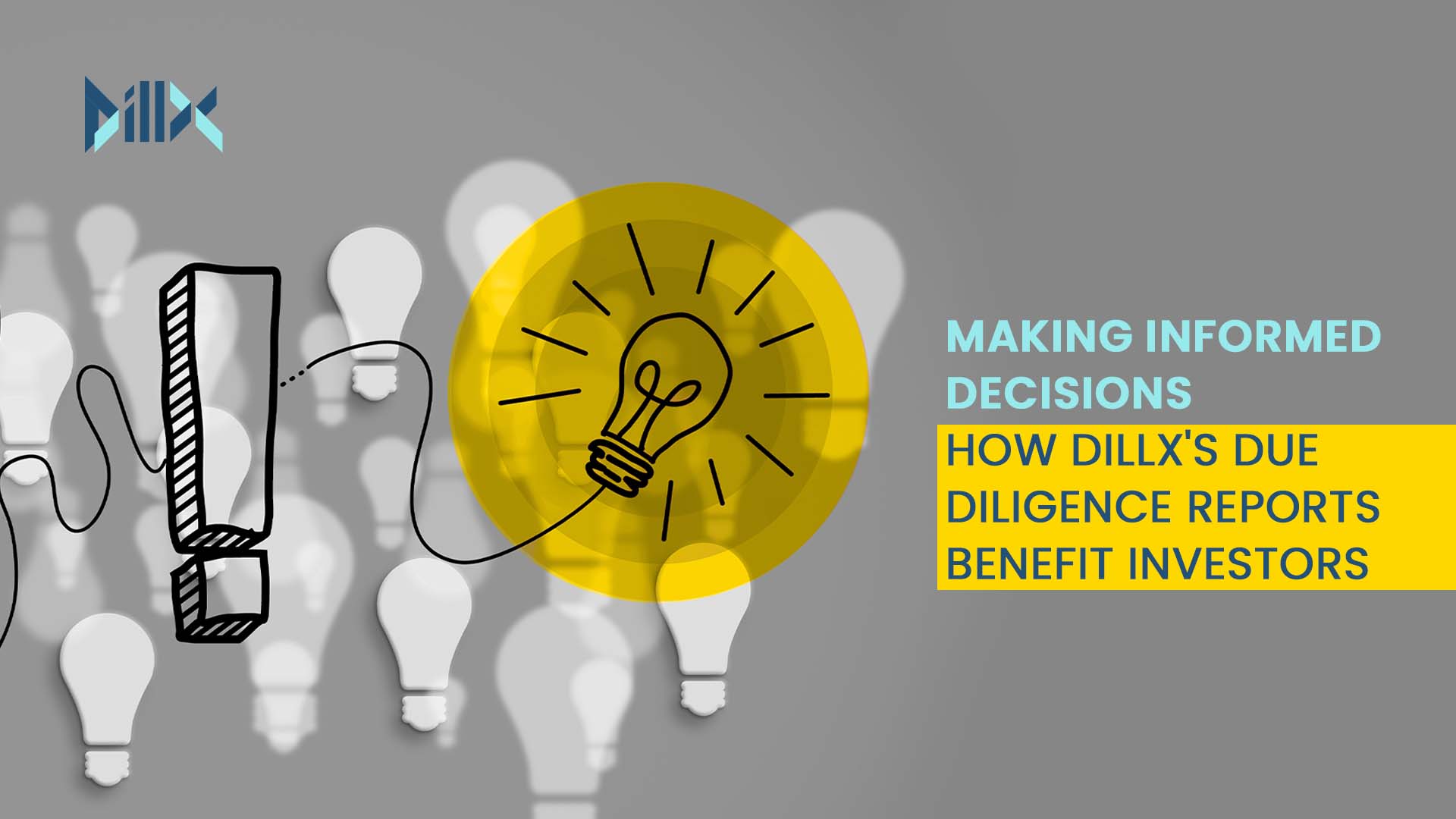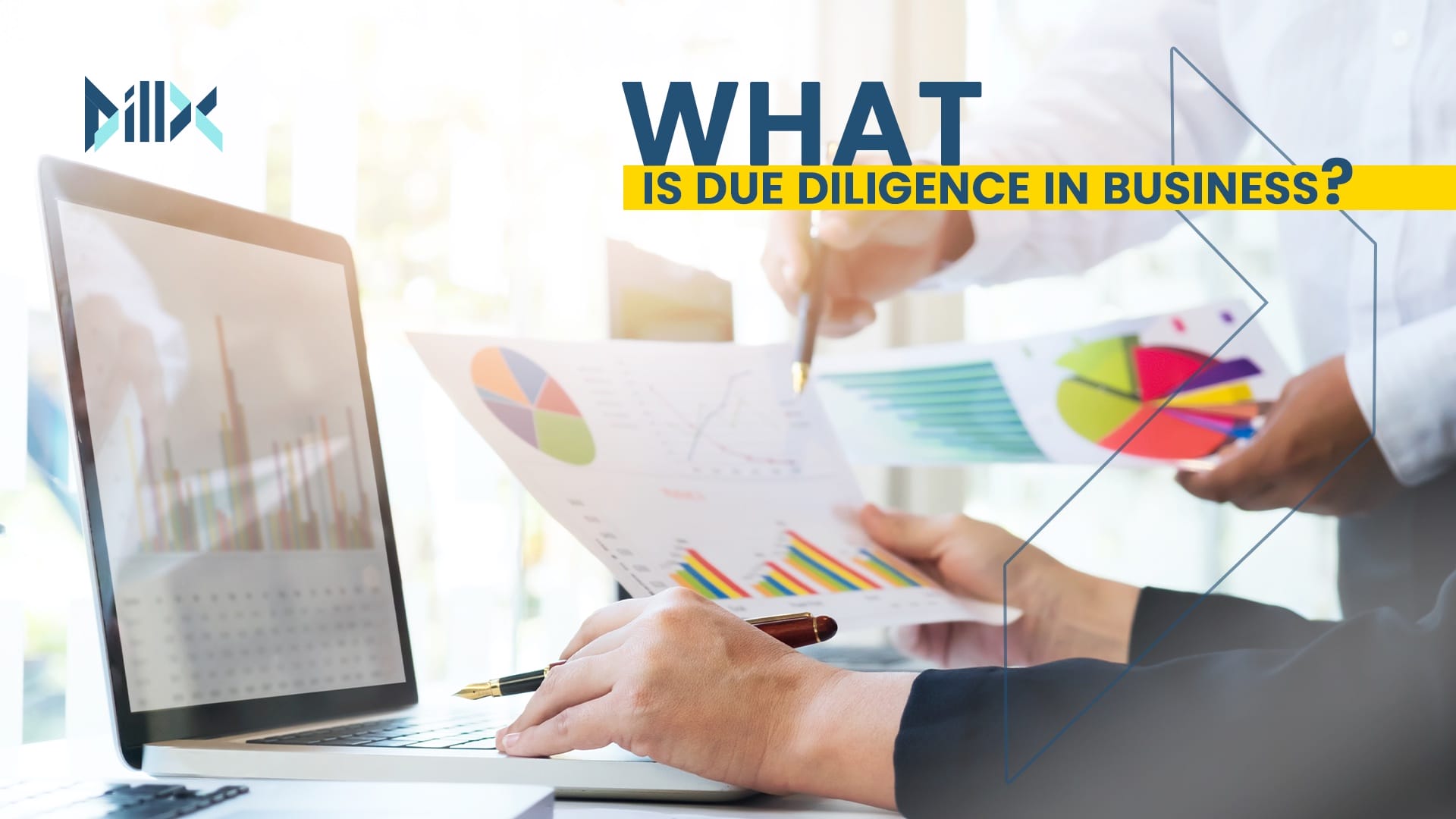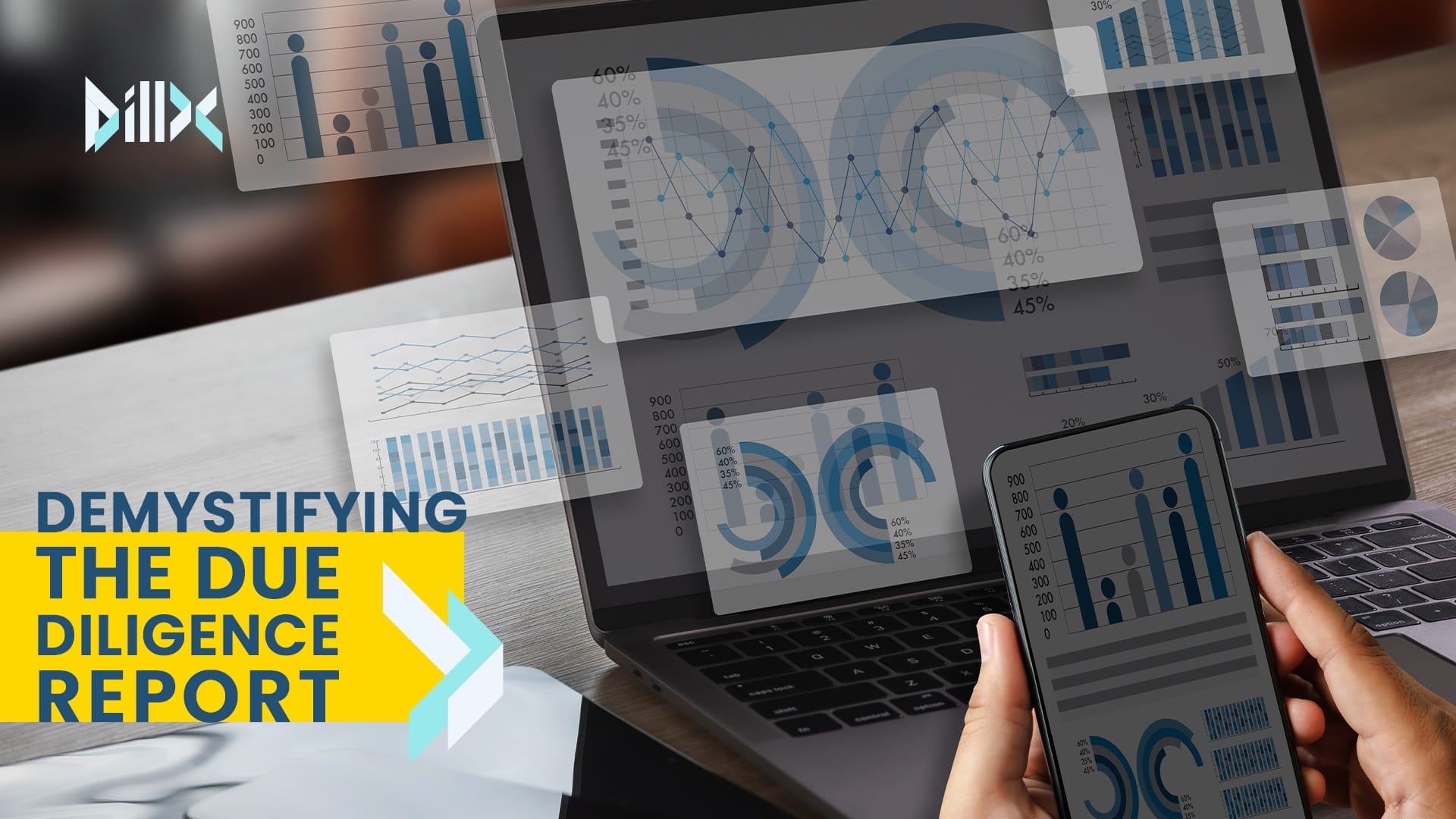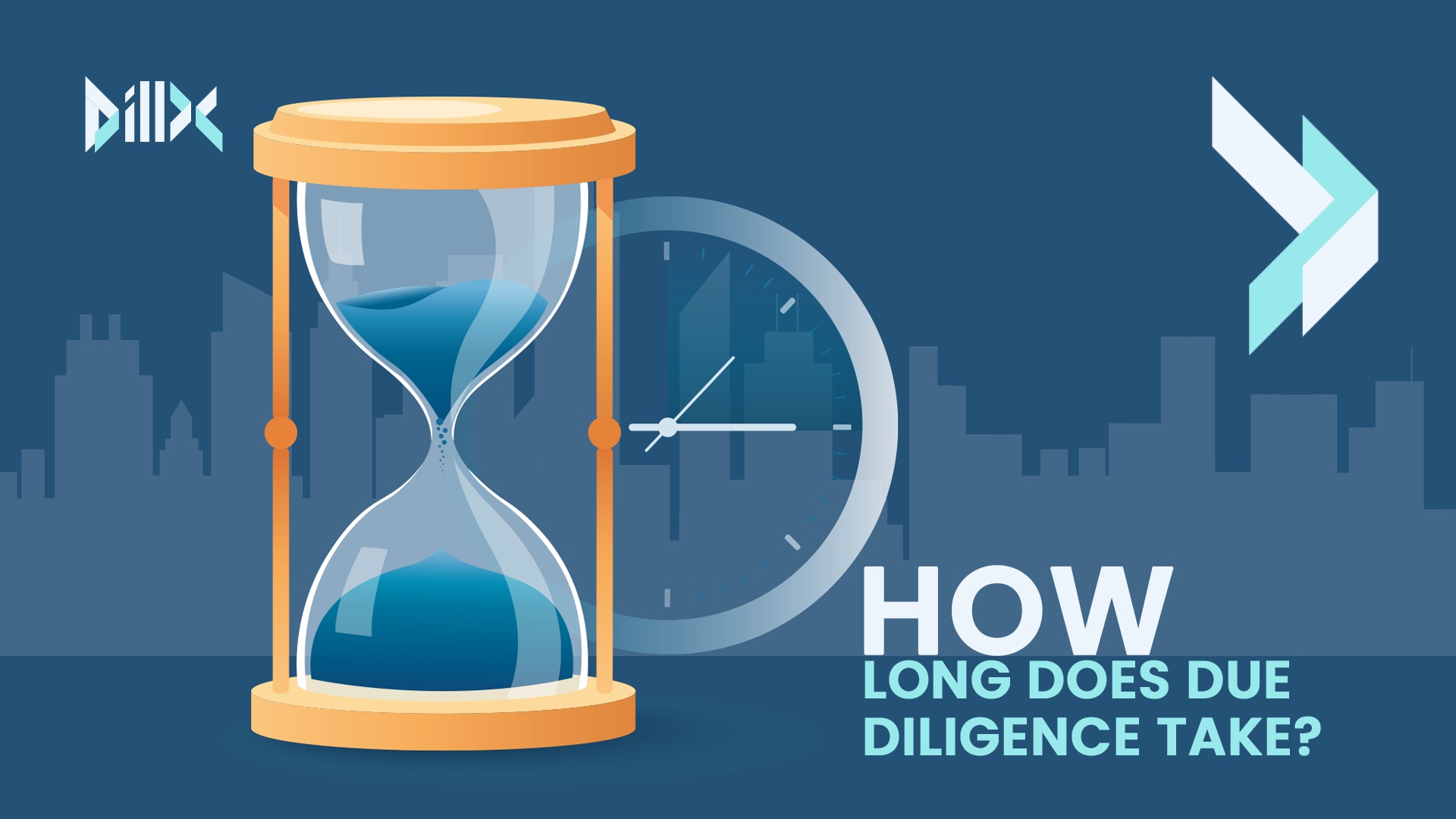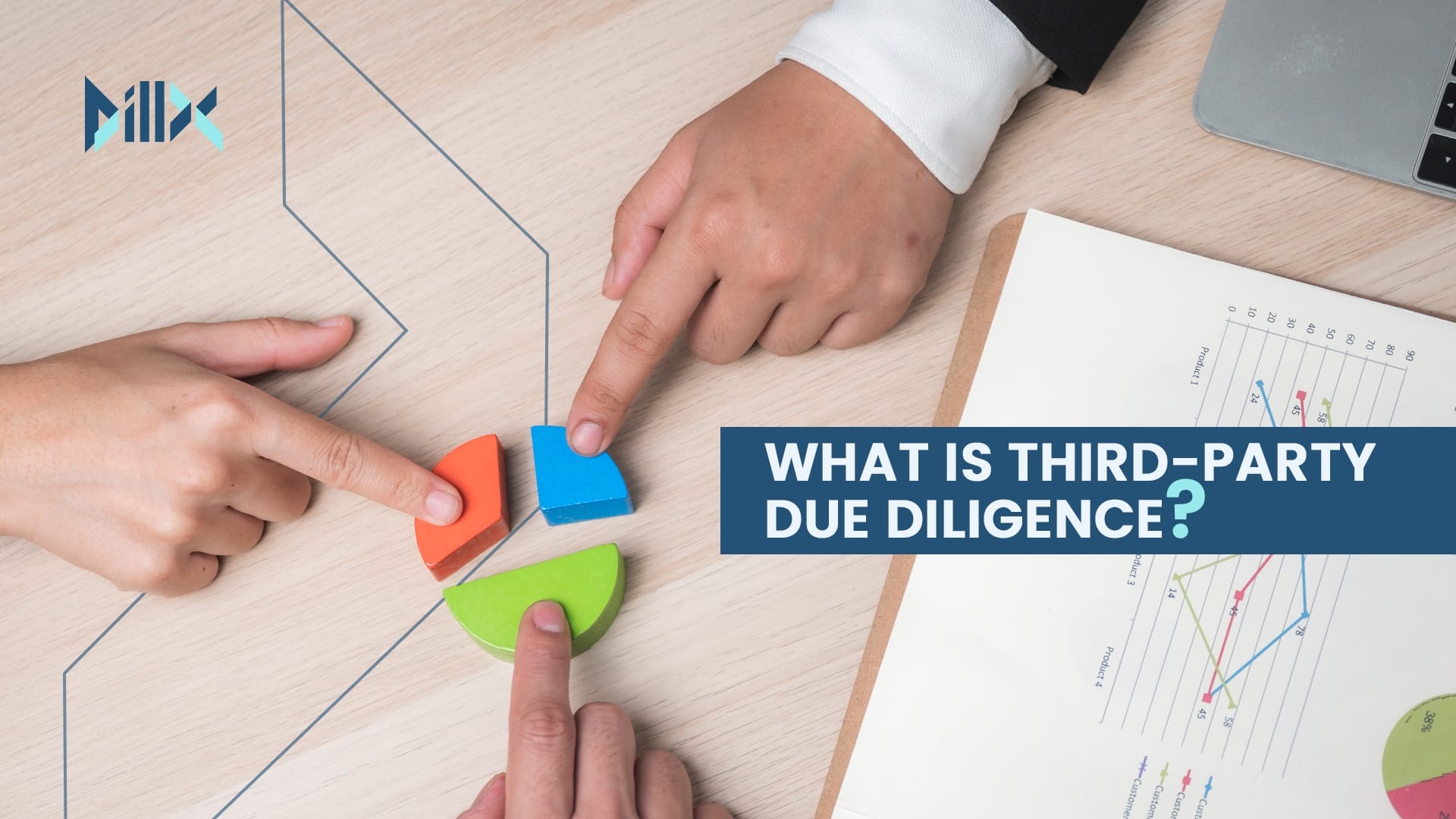Operational Due Diligence (ODD) has become an imperative aspect of corporate transactions, whether it involves mergers and acquisitions, private equity investments, or capital raising. Understanding what is operational due diligence can equip businesses with the insights required to optimize their operations, mitigate risks, and ultimately maximize returns.
In this article, we will delve into the world of operational due diligence, its significance, key elements, and how innovative solutions like DillX are revolutionizing this intricate process.
Understanding Operational Due Diligence
ODD is a systematic procedure where a potential investor or buyer scrutinizes the operational facets of a target company. This in-depth analysis is aimed at understanding the operational robustness, viability, and potential risks associated with the target company.
The process of ODD is tailored according to industry requirements and involves the review of operational processes, supply chain efficiency, human resource strategy, cost optimization, digitalization, and risk management, among other aspects.
Significance of Operational Due Diligence
Understanding the operational aspect of a company is crucial for potential investors or buyers. It helps them assess the compatibility of the target company with their own objectives and identify potential value creation opportunities. Following are some reasons why operational due diligence is important:
- It aids in assessing synergies between the acquiring and target companies.
- It acts as a useful tool for kick-starting the value creation process, preparing for post-deal operational improvements or integration.
- It allows the acquiring company to evaluate the target company’s operational risks.
- It provides an opportunity to understand the operational implications of various recovery scenarios, focus on cost optimization, and make decisions on the disposal of non-core businesses.
Elements of Operational Due Diligence
The ODD framework should be designed to assess future value and synergy realization, and to mitigate risks. Here are some components that form an integral part of an operational due diligence framework:
- People and Organization: Understanding the organizational structure and the key decision-makers within an organization is crucial. This includes understanding how staff across the organization, including non-investment functionalities, are incentivized.
- Technology and Systems: A review of the technology underpinning operations, including the digitalization SWOT analysis, is essential in the current era where technology plays a vital role in operational efficiency.
- Politics and Regulations: Understanding the political and regulatory landscape in which the company operates is also an essential part of the ODD review.
- Efficiency and Quality: The efficiency of supply chains, logistics, and procurement processes, as well as in-house and departmental efficiencies, form a critical part of the ODD assessment.
- Data and Documentation: A review of how data is managed, stored, and used within the organization is crucial in the current data-driven world.
- Cost and Capital: Understanding cost optimization strategies and capital investment plans is an important aspect of the ODD process.
Operational Due Diligence Checklist
To conduct an effective ODD, a comprehensive checklist is required. This checklist can cover everything that needs to be prepared or reviewed during an M&A deal. Here are some elements that should be part of an operational due diligence checklist:
- Initial Assessment: Understanding how well the operations of the target company fit with those of the buyer, identifying potential synergies or conflicts, and identifying quick wins and sustainability of the operations.
- Document Review: Checking internal procedures, compliance, relevant licenses and subscriptions, and technology underpinning operations.
- On-site Visit: Making an overall assessment of the company’s operations, condition of the factory/office/logistics center, and its technology/equipment/machinery.
- Projections: Using information gathered to make projections about the value added that your company can bring.
The Role of Technology in Operational Due Diligence
Today, technology is reshaping every sector, including operational due diligence. Innovative solutions like DillX are pioneering the future of due diligence, providing a comprehensive platform designed to address and simplify some of the most intricate aspects of due diligence.
In-depth Automation with DillX
DillX uses advanced algorithms and artificial intelligence to automate the document review in due diligence, scrutinizing vast amounts of data with pinpoint accuracy. It classifies information correctly, thereby streamlining the due diligence process.
Addressing Legal Complexities
DillX has adaptive capabilities that cater to the specific legal nuances of different regions. It is under constant scrutiny by a team of legal experts and data analysts, ensuring its functionalities remain in sync with the evolving legal landscapes.
Time & Efficiency
DillX is known for its ability to drastically reduce the time taken for due diligence reporting. By automating the bulk of due diligence, professionals can reallocate their time and expertise to more strategic, value-added activities.
Commitment to Compliance
DillX’s comprehensive database integrates regulatory requirements from jurisdictions worldwide. It establishes partnerships across various jurisdictions, ensuring that its compliance mechanisms are precise and up-to-date.
Conclusion
Operational due diligence is a thorough investigation of the target company’s operations. It is a crucial component of the investment process, providing insights that can shape strategic decisions. With the help of advanced solutions like DillX, the process of operational due diligence can be made more efficient, accurate, and comprehensive, paving the way for better investment decisions.



























